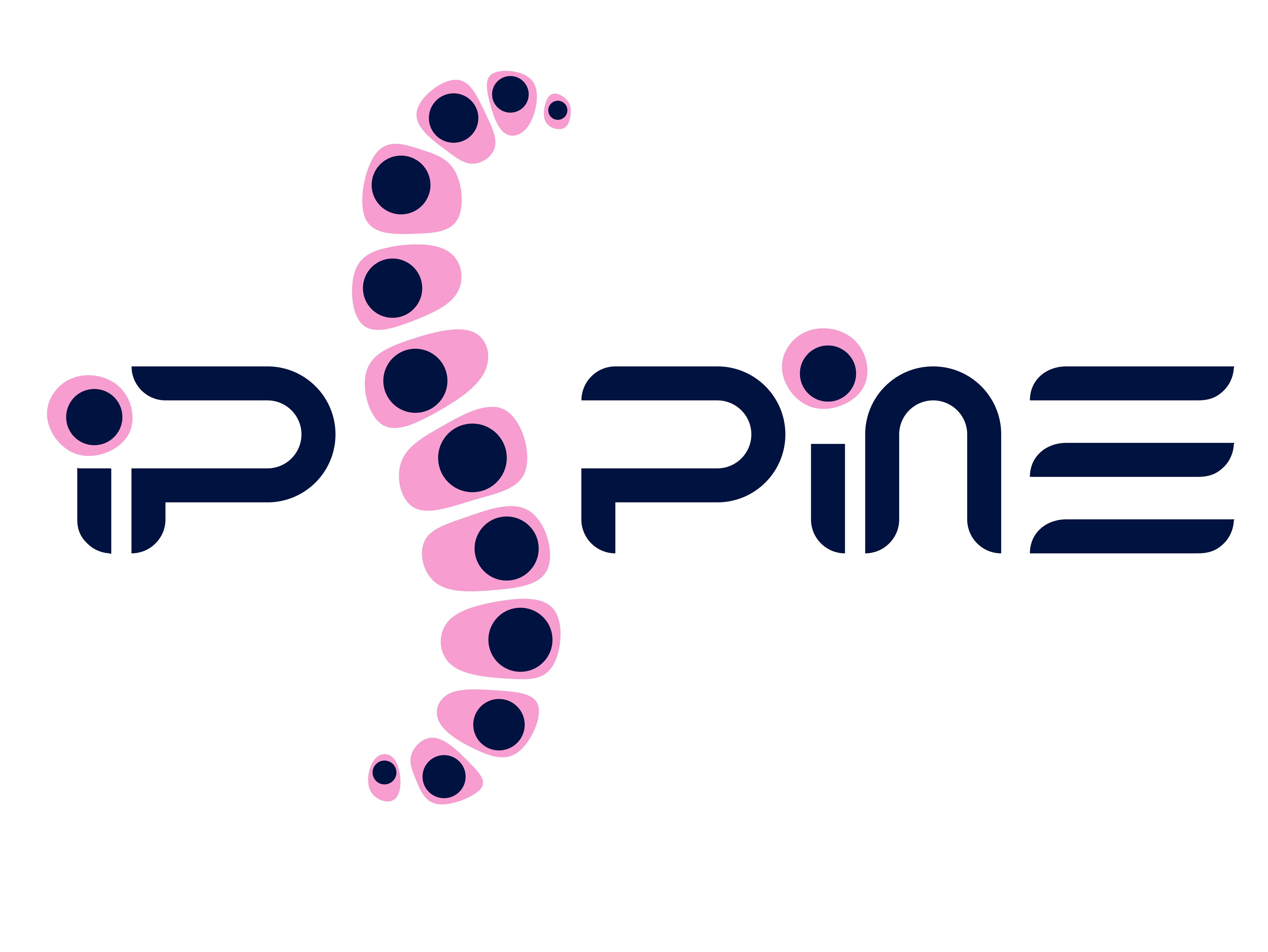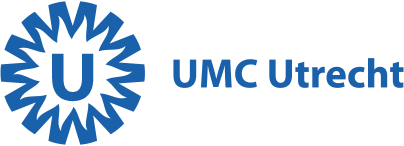
UMC Utrecht
With over 1,100 beds and more than 11,000 employees, the University Medical Center Utrecht (UMCU) is one of the largest academic centers in the Netherlands. Patient care and biomedical research are closely linked, which creates an environment where scientific advancements quickly move from bench to bedside. At UMCU, research is focused on 7 key areas, called ‘spearheads’, that guide the choice of patient populations, and include Biomedical Imaging Sciences, Clinical Epidemiology and Regenerative medicine and Stem cells.
The department of Orthopaedics has a leading role in the latter spearhead, with a strong clinical focus on spinal and knee surgery. The department has an international status of ‘AO Spine reference center’. Patient care and research are fully integrated and the research team consists of approximately 28 people (staff, PhD students and lab/ trial support). The research group works on regeneration of bone, cartilage and intervertebral disc tissue, with a heavy focus on biomaterials, both as cells carriers and delivery tools. The group has led/participated in 9 clinical trials over the past years, obtained over 14 million euros in external funding, and is in the top-10 of orthopaedic departments in Europe in terms of scientific output. The UMCU group will provide the challenging proof-of-principle in human tissues bringing the iPSpine concept closer to the clinic .
The Julius Center for Health Sciences and Primary Care is one of the 12 divisions within the UMCU. The center plays a leading role in the acquisition and dissemination of knowledge in the field of health sciences and primary care. The Medical Humanities department is in itself naturally interdisciplinary including both the humanities (medical ethics, health law, and the history of medicine) and the social sciences (medical sociology and medical anthropology). The Bredenoord group focuses on the ethics of emerging biomedical technologies. Within the iPSpine Project the UMCU team will deliver a framework for making scientist and regulators ethically responsible for innovation of advanced therapies of the future. sd.
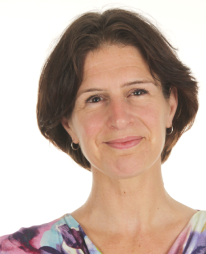
Dr Laura Creemers joined the Orthopaedics department of UMCU in 2003, since 2009 as Associate Professor. Dr. Creemers has a longstanding expertise in soft and hard connective tissue research. At the department of Orthopaedics of UMCU, her main research interests are intervertebral disc and cartilage degeneration and the development of local biomaterial-based therapeutic strategies for tissue regeneration. The biomaterials used range from natural to synthetic, and compounds delivered encompassed cells, small molecules, growth factors and siRNA. Her group is familiar with a variety of test systems, including cell-based release assays, human IVD and cartilage tissue explant culture, rodent and rabbit models and large animal models of cartilage and intervertebral disc disease, up to human clinical studies in cartilage regeneration. Key is translation through connection, hence Dr Creemers is used to collaborating with formulation and biotech companies, orthopaedic and veterinary surgeons, biomechanical engineers, molecular biologists and pharmaceutical, biomaterial and imaging scientists.
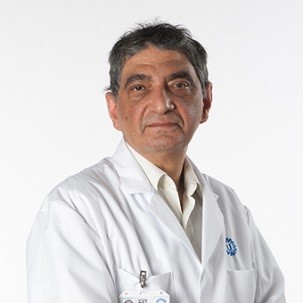
Prof. Cumhur Öner: The department of Orthopaedics has a strong clinical focus on spinal surgery and has a so-called supra-regional/ top-referent position, with the international status of ‘AO Spine reference center’. Leading PI of this Centre is Prof Cumhur Öner. He obtained his PhD (cum laude) in 1999 from the University of Utrecht. The work for his PhD thesis focused on the diagnostic and prognostic parameters in spinal trauma patients. He is the head of the neuro-orthopaedic spine unit at the UMCU since 2002. Cumhur Öner has actively participated in the foundation of the international Spine Trauma Study Group and is currently member of the steering committee of the Knowledge Forum Trauma of the AOSpine International. He has been involved in clinical spine research as well as the bone and intervertebral disc RM program in the UMC Utrecht. He was the president of the Dutch Spine Society between 2007-2011.
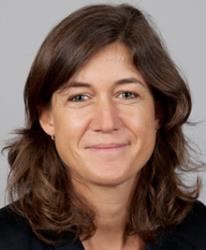
Prof. Annelien Bredenoord is full professor of Ethics of Biomedical Innovation at the Department of Medical Humanities of the UMCU and Utrecht University, as well as member of the Senate of the Dutch Parliament. Her research group seeks to identify, evaluate and promote policies and practices that ensure that biomedical innovation develops in an ethically and socially responsible matter. Recent advances in biological and medical research, such as regenerative medicine and stem cell research, next generation DNA sequencing, genome editing, reproductive technologies, biobanking and Big Data, continuously raise ethical and societal challenges: how to translate biomedical innovations from basic research into clinical care and society in an ethically sound way? Until 2018, Bredenoord has been Chair of the Ethics Committee of the International Society for Stem Cell Research (ISSCR).
